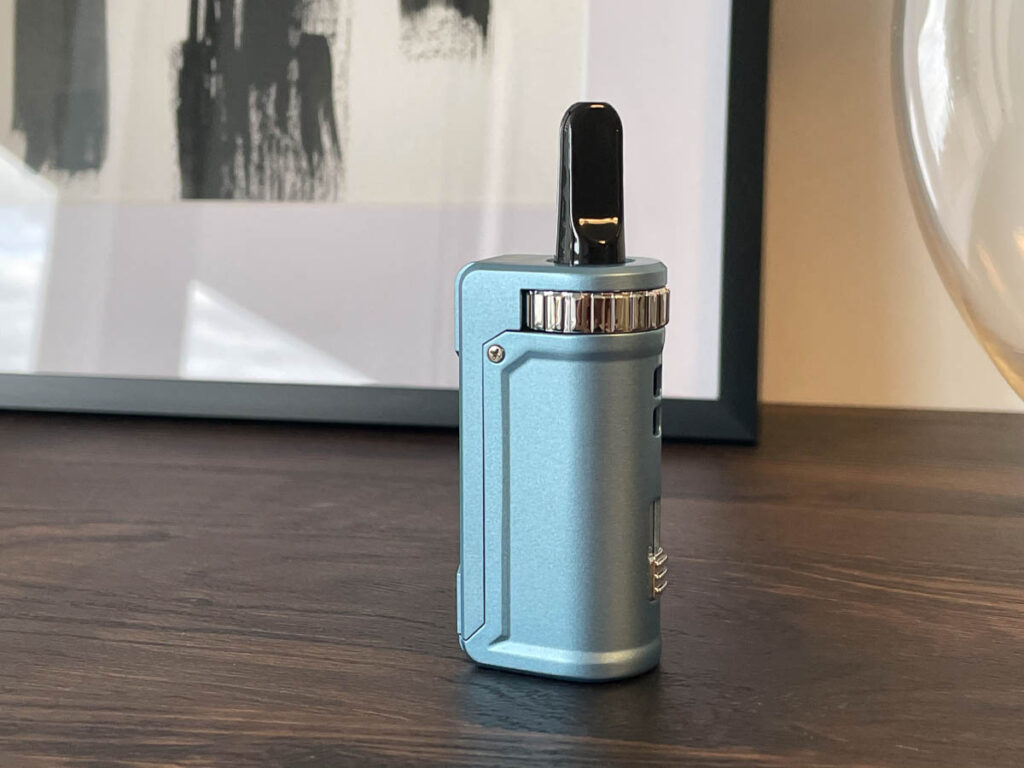
Borrowing money for college these days seems all but inevitable for everyone but the wealthiest individuals. That is why now more than ever, it is necessary for prospective students to brush up on the subject of student loans so that they can make sound financial decisions. The material below is intended to assist with exactly that.
Make sure you keep track of your loans. You should know who the lender is, what the balance is, and what its repayment options are. If you are missing this information, you can contact your lender or check the NSLDL website. If you have private loans that lack records, contact your school.
Be sure you know about the grace period of your loan. Each loan has a different grace period. It is impossible to know when you need to make your first payment without looking over your paperwork or speaking with your lender. Be sure to be aware of this information so you do not miss a payment.
Know your grace periods so you don’t miss your first student loan payments after graduating college. Stafford loans typically give you six months before starting payments, but Perkins loans might go nine. Private loans are going to have repayment grace periods of their own choosing, so read the fine print for each particular loan.
If you have extra money at the end of the month, don’t automatically pour it into paying down your student loans. Check interest rates first, because sometimes your money can work better for you in an investment than paying down a student loan. For example, if you can invest in a safe CD that returns two percent of your money, that is smarter in the long run than paying down a student loan with only one point of interest. Only do this if you are current on your minimum payments though and have an emergency reserve fund.
Keep good records on all of your student loans and stay on top of the status of each one. One easy way to do this is to log onto nslds.ed.gov. This is a website that keep s track of all student loans and can display all of your pertinent information to you. If you have some private loans, they will not be displayed. Regardless of how you keep track of your loans, do be sure to keep all of your original paperwork in a safe place.
If you want to apply for a student loan and your credit is not very good, you should seek out a federal loan. This is because these loans are not based on your credit score. These loans are also good because they offer more protection for you in the event that you become unable to pay it back right away.
Pay extra on your student loan payments to lower your principle balance. Your payments will be applied first to late fees, then to interest, then to principle. Clearly, you should avoid late fees by paying on time and chip away at your principle by paying extra. This will reduce your overall interest paid.
Starting to pay off your student loans while you are still in school can add up to significant savings. Even small payments will reduce the amount of accrued interest, meaning a smaller amount will be applied to your loan upon graduation. Keep this in mind every time you find yourself with a few extra bucks in your pocket.
It seems that hardly any young student nowadays can complete a degree program without incurring at least some student loan debt. However, when armed with the right type of knowledge on the topic, making smart choices about loans really can be easy. Using the tips found in the paragraphs above is a great way to start.







